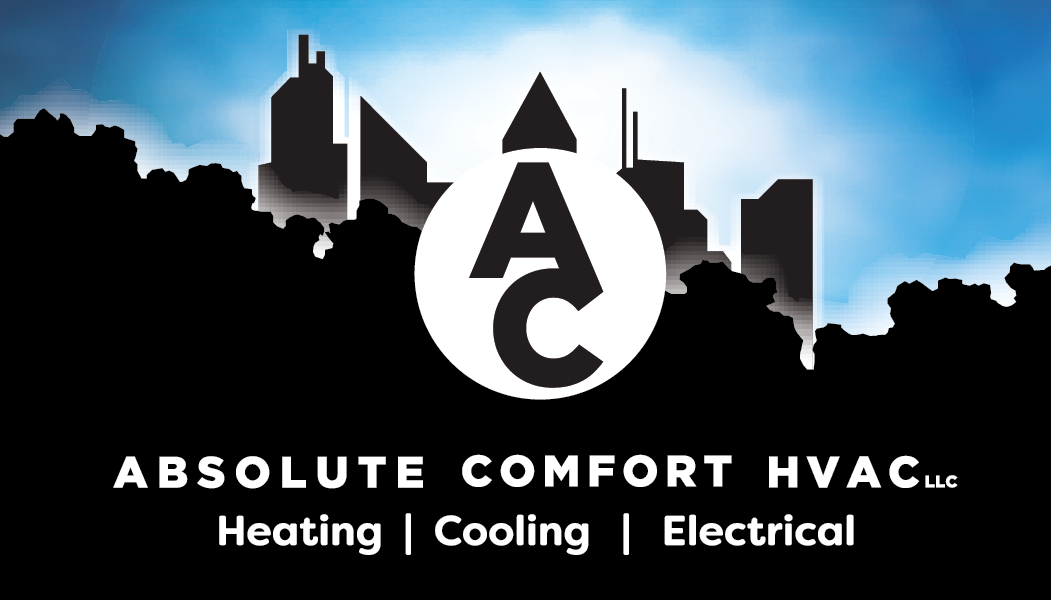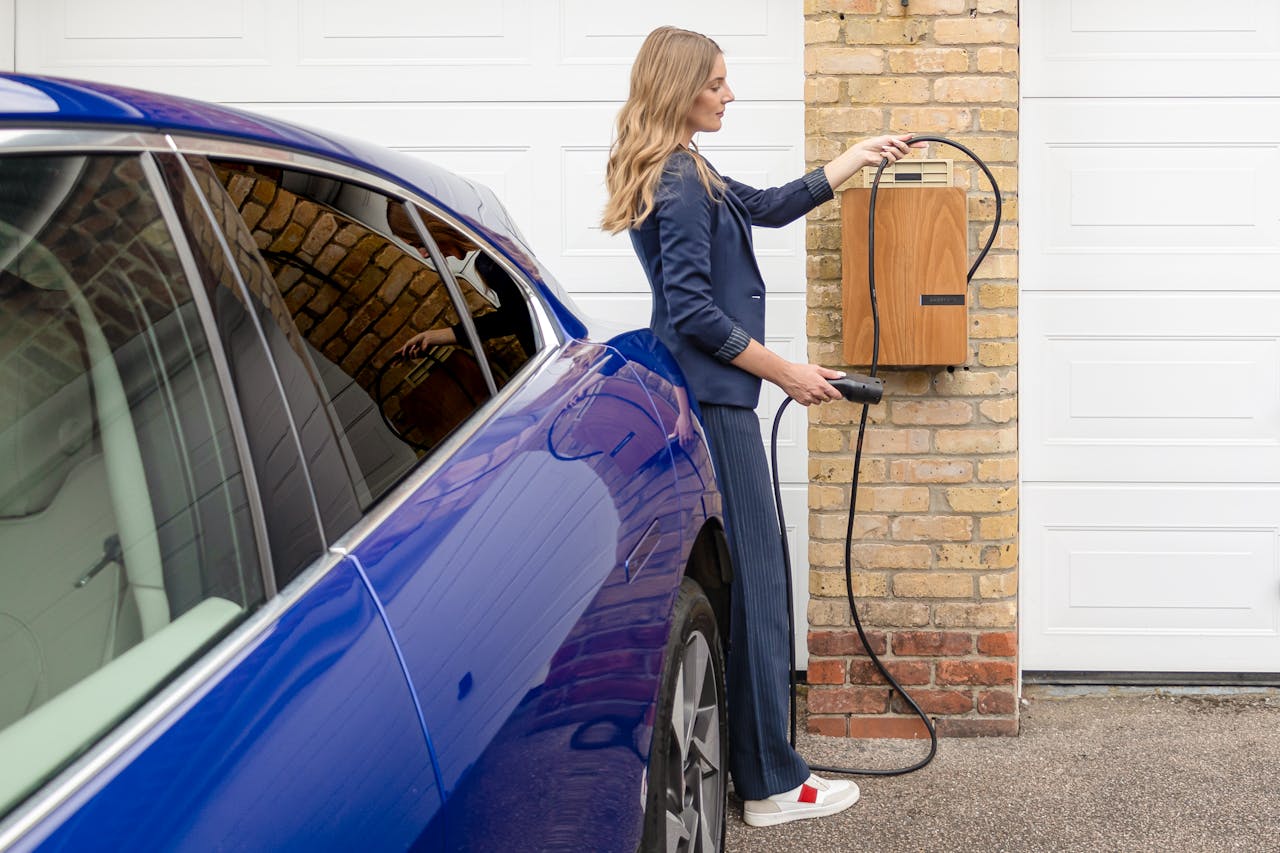As electric vehicles (EVs) become more popular, the need for home EV charging stations is growing. Having a home charging station offers the convenience of charging your vehicle overnight or whenever it’s not in use. For a safe and efficient installation, there are several important factors to consider.
Assessing Your Home’s Electrical Capacity for EV Charger Installation
Before installing an EV charger at home, it’s crucial to assess your home’s electrical capacity. This involves determining whether your existing electrical system can handle the additional load of a home EV charging station. Start by checking your main electrical panel to see if there is enough capacity for an EV charger. Most home EV chargers require a dedicated 240-volt circuit, which might not be available in older homes.
Our professionals can conduct a thorough electrical inspection to evaluate your system. They will check the amperage of your main panel and determine if it can support an EV charger without overloading. If your panel doesn’t have sufficient capacity, an upgrade may be necessary. This ensures that your home can safely accommodate the charger without causing electrical issues.
In addition to the main panel, our technicians will also inspect your home’s wiring and outlets. Proper wiring is essential to ensure efficient and safe charging. If the existing wiring is not up to code or unable to handle the load, they may recommend rewiring specific areas or installing new outlets. This detailed assessment helps prevent potential hazards and ensures that your EV charger functions optimally.
Choosing the Right EV Charger for Your Needs
Selecting the right EV charger for your home is another critical step. Different EV chargers have varying power levels and features, making it essential to choose one that suits your specific needs. The two primary types of home EV chargers are Level 1 and Level 2 chargers. Level 1 chargers use a standard 120-volt outlet and are slower, typically taking over 20 hours for a full charge. Level 2 chargers, on the other hand, use a 240-volt outlet and can fully charge an EV in just a few hours.
Consider your daily driving habits when choosing a charger. If you have a long commute or frequently use your EV, a Level 2 charger might be the better option due to its faster charging times. Also, think about future-proofing. As EV technology advances, having a more powerful charger can save you from needing upgrades later.
Our technicians can help you decide which EV charger best fits your lifestyle and driving patterns. They will also consider factors like the charger’s compatibility with your vehicle and its features such as Wi-Fi connectivity, which allows you to monitor charging remotely. By choosing the right EV charger, you can maximize the benefits of your home EV charging station and ensure a convenient and reliable charging experience.
Steps Involved in Professional EV Charger Installation
Once you’ve assessed your home’s electrical capacity and chosen the right EV charger, it’s time for installation. Our professionals follow a structured process to ensure the installation is safe and efficient. The first step involves obtaining the necessary permits. This ensures that your home EV charging station complies with local regulations and standards.
Next, our technicians will prepare the installation site. This may involve upgrading your electrical panel if it lacks the capacity for an EV charger. They will then install the necessary wiring and dedicated circuit to support the charger. Proper wiring is essential for efficient and safe charging, and our professionals ensure all connections are secure and up to code.
Finally, the actual EV charger install takes place. Our technicians will mount the charger, connect it to the electrical system, and test it to ensure it functions correctly. They will also provide you with instructions on how to use the charger and perform basic troubleshooting. This comprehensive approach guarantees a smooth installation process and reliable charger performance.
Safety Tips and Maintenance for Your Home EV Charging Station
Ensuring the safety of your home EV charging station is crucial. Follow these tips to maintain your charger and prevent potential hazards. First, always keep the charger and surrounding area clean and dry. Water and electricity do not mix well, so ensure the charger is installed in a location protected from the elements.
Regularly inspect your EV charger for any signs of wear or damage. Look for frayed wires, loose connections, or any physical damage to the unit. If you notice any issues, contact our professionals immediately to address the problem. Do not attempt to repair it yourself, as this can be dangerous and may void the warranty.
Lastly, schedule periodic maintenance checks with our technicians. They can perform detailed inspections and ensure that all components are functioning correctly. Regular maintenance helps extend the lifespan of your EV charger and ensures it operates safely and efficiently. By following these safety tips and maintenance guidelines, you can enjoy the convenience of your home EV charging station without any worries.
Conclusion
Installing an EV charger at home offers numerous benefits, from the convenience of charging your vehicle at your leisure to the potential savings on fuel costs. However, successful installation requires careful planning, professional expertise, and ongoing maintenance. By assessing your home’s electrical capacity, choosing the right charger, and hiring professionals for the installation, you can ensure a smooth process and reliable performance.
Safety and maintenance should not be overlooked. Taking the necessary precautions and scheduling regular check-ups with our technicians will help keep your charging station in top condition. This not only ensures safe operation but also maximizes the lifespan of your investment.
For expert assistance with your home EV charger installation in Brookfield, contact us at Absolute Comfort HVAC today. Our skilled professionals are ready to help you enjoy the convenience and benefits of a home EV charging station.




